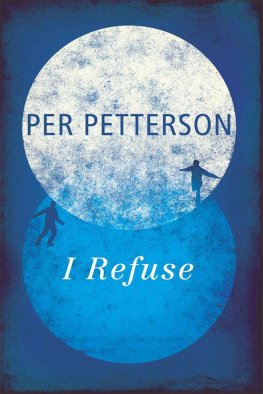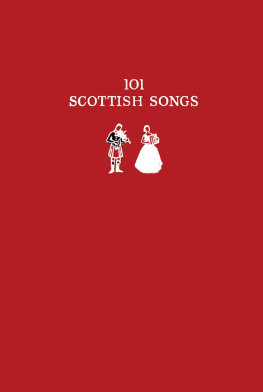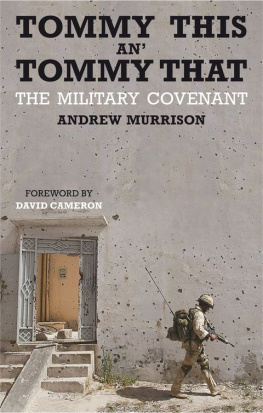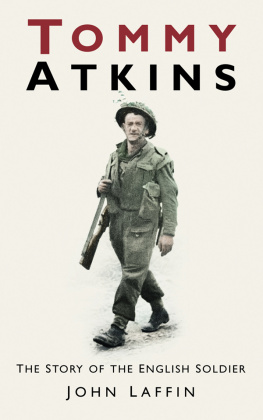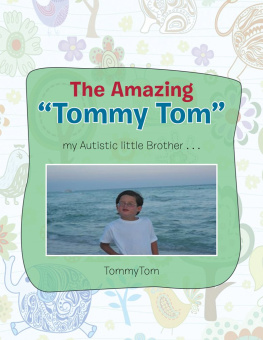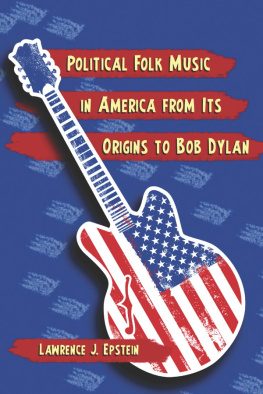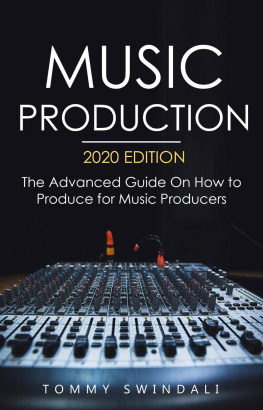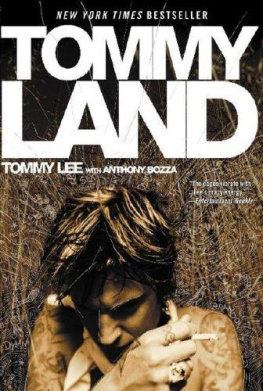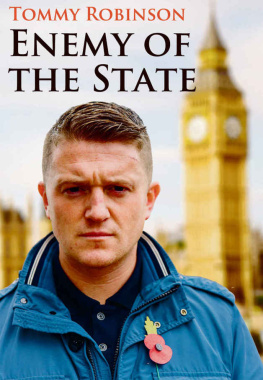Thanks to my parents and family, Catherine and children and a multitude of friends and relations whose story and stories knowingly or unknowingly touched and moved my own. Thanks to Jack L. Bacon, Sadbh Baxter, Hilary Bell, Barney and Marge Brady, Kerstin Caffo, Fil Campbell, Steve Cooney, Dominic Cunningham, Peter Emerson, Roy Garland, Bobbie Hanvey, Seamus Heaney, Phylis Jackson, all at Lilliput, Paul Lyle, Colum McCarthy, Frank McCourt, George MacDonald Fraser, Tom McFarland, Mark McLoughlin, Siegfried Maeker, Peter Makem, Mick Moloney, Tom Newman, Gearid hAllmhurin, Annie Prince, Mary Rowley, Pete Seeger, Vedran Smailovic, Daragh Smyth, Marsha Swan, Robin Troup, Mike Wolke, and Itka Zygmuntowicz.
Are you the son of the man that pulled my granny out of the coffin? The Royal Ulster Constable lowered his voice, and his Heckler and Koch automatic, for the question and then bent his ear round the cars turned down window for an answer.
This was all I needed. I was already late. All the other questions had been easy. A child could have answered them.
Whats your name, sir?
Tommy Sands, Id replied.
My father used to say that any time he was called sir he would cover his pockets for fear of being robbed. He had a deep suspicion of such niceties.
I reached for one of my passports. The British one.
Thats me, I said. Im coming from Rostrevor. And Im going to Stormont, I added quickly, hoping to pre-empt the next two questions. It would save time, I thought, and police breath. And they were fairly safe answers too. Neither place would send the shivers up a lawmans back.
And where are you coming from sir? he continued dutifully. The Law would take its own course and not be rushed.
Rostrevor, I said again resignedly, waiting for the next question with wearily rehearsed respect.
Satisfied that I had learned my lesson for the moment at least, he went on calmly. And what takes you up to Stormont, sir?
To sing, said I.
To sing? said he.
To sing, said I. At the Talks. The Peace Talks.
And have you permission? He asked, with a recharged interest.
I do, I said, trying to hurry things along. From George Mitchell, the American man, the chairman of the Talks.
He looked at me silently for several seconds before unleashing the final question, the answer to which he was now patiently waiting for. It was close to eleven oclock on the morning of Holy Thursday 1998. I had to be at Stormont by twelve.
It wasnt the first time, of course, that a roadblock had stood in the way of a performance. Back in the civil-rights days in the sixties it wasnt unusual to be held up for hours, or for as long as it took for the concert or rally to be well and truly over by the time you got there. A sense of urgency, however, told me that todays performance would be more important than most.
I had grown up singing at enough wakes, weddings and gatherings in my home townland of Ryan in County Down to realize that music is too valuable to be confined solely to concert stages. After the first lust for public recognition is sated, the musician feels ready to seek out the real gig. It can be in a prison or a school or an old folks home, or in the house of a neighbour when things are low and where the magic of music passes through performer and listener, easing the mind and the soul in a strange sacramental harmony.
The politicians of Northern Ireland were badly in need of some harmony. The negotiations taking place at Castle Buildings in Belfast had faltered, and this had been the toughest week of all. Some looked back to see where their followers were leading them; others looked ahead and pressed forward. We had condemned them in the past for not talking and it was no less important to applaud them now that the talking had begun. For years it had been like watching two buses meeting on a narrow bridge with neither driver wanting to give way for fear of letting his passengers down. It would only be when those passengers would slowly begin to rise and say, Look, its all right, you can reverse a little, because we all want to go forward, that the scenery would ever change.
Outside, in the surrounding stillness, spring was silently intensifying the greenness of the grass and the orange of the dandelion and spreading blossoms on the Mourne hawthorn like Easter snow. Decaying smells of winter were yielding to the subtle spell of speedwell and robin-run-the-hedge, and the small birds of Ulster were tuning up for a song yet to be sung.
A bracing north breeze, laced with bitter memories, browsed the scattered remains of one of yesterdays newspapers before brushing it gustfully round the black boots of the policeman. With a graceful kick, he sent the latest helping of media opinion up in the air. Headlines of hope and despair alternated in the tumbling wind. It was touch-and-go and the journalists were saying that anything could happen. Time was running out. There would be an agreement by Good Friday or there wouldnt be an agreement at all.
When the Talks began in 1996, they had been met with a cautious optimism. Every news space seemed to be filled with hope and relief. But in no time the new-shounds were sniffing around for fresh stories to report. Thats their job. Peace meant less action, and less action meant less entertainment for the punters. How long can you hold a shot of calm sea and blue sky before your audience wants the thrill of a storm and your advertiser a new channel? On television it wasnt long before it seemed that no one wanted the Talks to be happening at all. Everyone was up in arms about compromise, trickery and treachery. The viewing figures would be on the increase, sure enough, but just as surely the viewers hearts would be sinking.
The people I knew from both sides of the hedge in the hills and valleys around me and in the towns and villages before me were crying out for the politicians to carry on, but their voices were not being heard. People in search of peace seldom shout loudly. It was time now to gather their voices together and sing, to give a song to the six oclock news, and to give the media its storm a storm of peace for a change.
Carry on, carry on, you can hear the people singing,
Carry on, carry on, till peace will come again.
I had rehearsed the song the night before with Vedran Smailovic, a cellist from Sarajevo. He would be waiting for me now in Burren, just a few miles away in the home of my mothers people, with a borrowed cello in a blue case. His own was lost in the rubble of his native city. Protestant and Catholic children from two schools in Dundrum would be travelling to Stormont as well, and my good friend Roy Arbuckle would be on the road from Derry, sporting the ultimate loyalist instrument, the Lambeg drum. The chorus was simple. Hopefully the television crews would pick it up, so that the people at home would hear their own message being broadcast and the politicians would be reassured that the passengers on the bus were behind them.
In the Bogside and the Waterside, in the Shankill and the Falls,
All around the hills of Ulster, you can hear them sing this song.
Carry on, carry on, you can hear the people singing,
Carry on, carry on, till peace will come again.
It had been a long struggle to reach this day. There had been much soul- searching and risk-taking. What would happen to the political life of Ulster Unionist Party leader David Trimble if he dared to sell short the unionist cause? We all remembered Brian Faulkners political collapse in 1974 after he reached an agreement at Sunningdale on behalf of unionism, with shades of compromise. And what would happen to Sinn Fin leader Gerry Adams if he betrayed the ideals of Irish republicanism ? The fate of Michael Collins was well known. He had been shot in 1922 during the Irish Civil War. Our song would have another view of betrayal.


